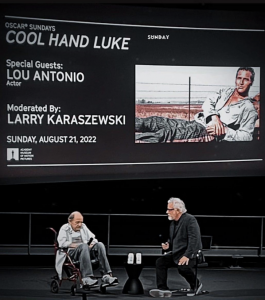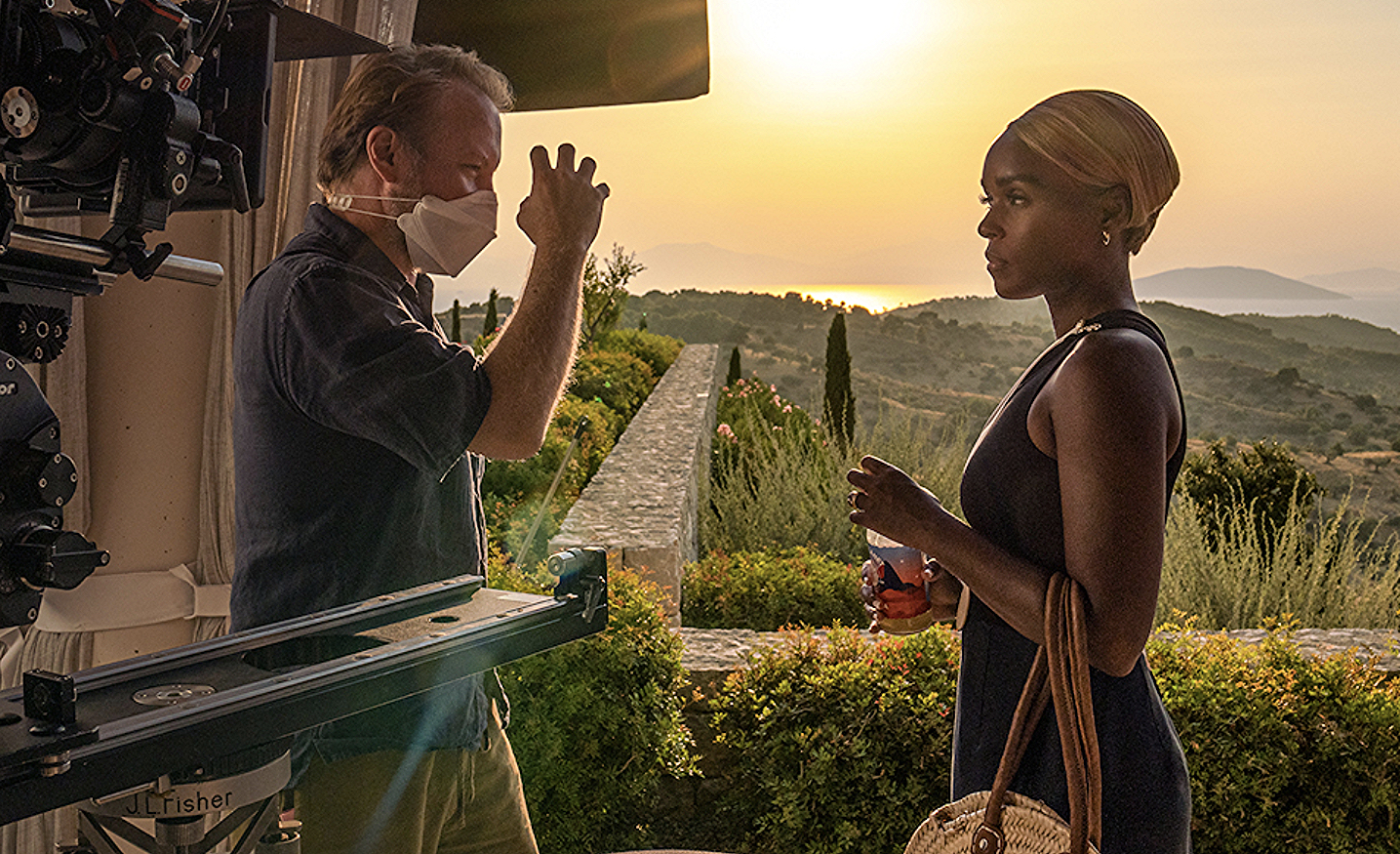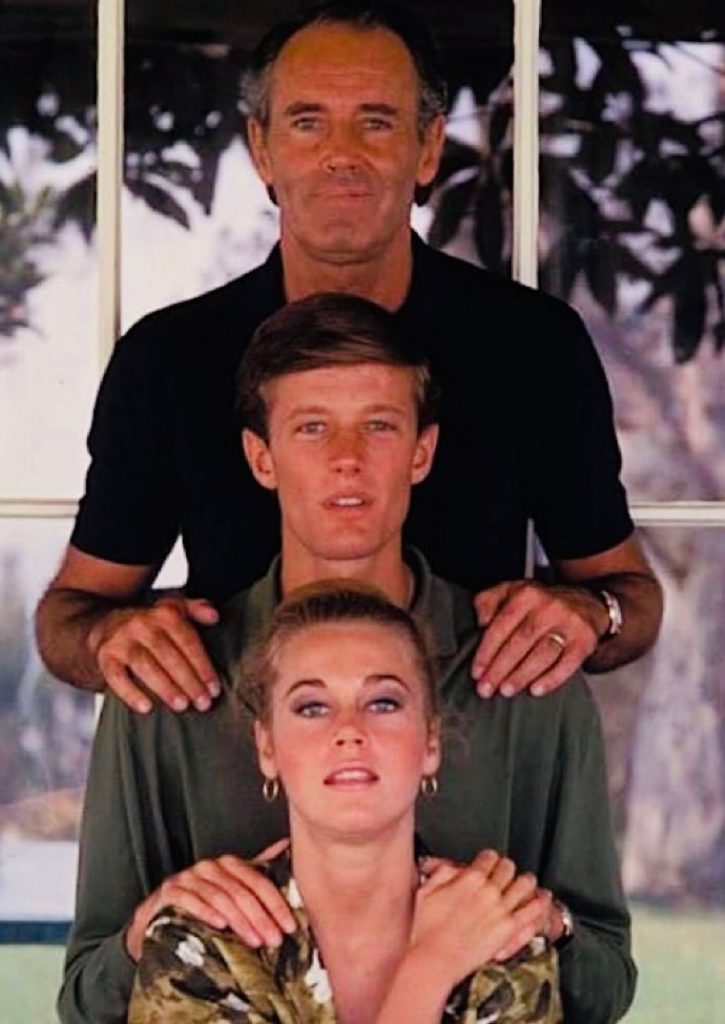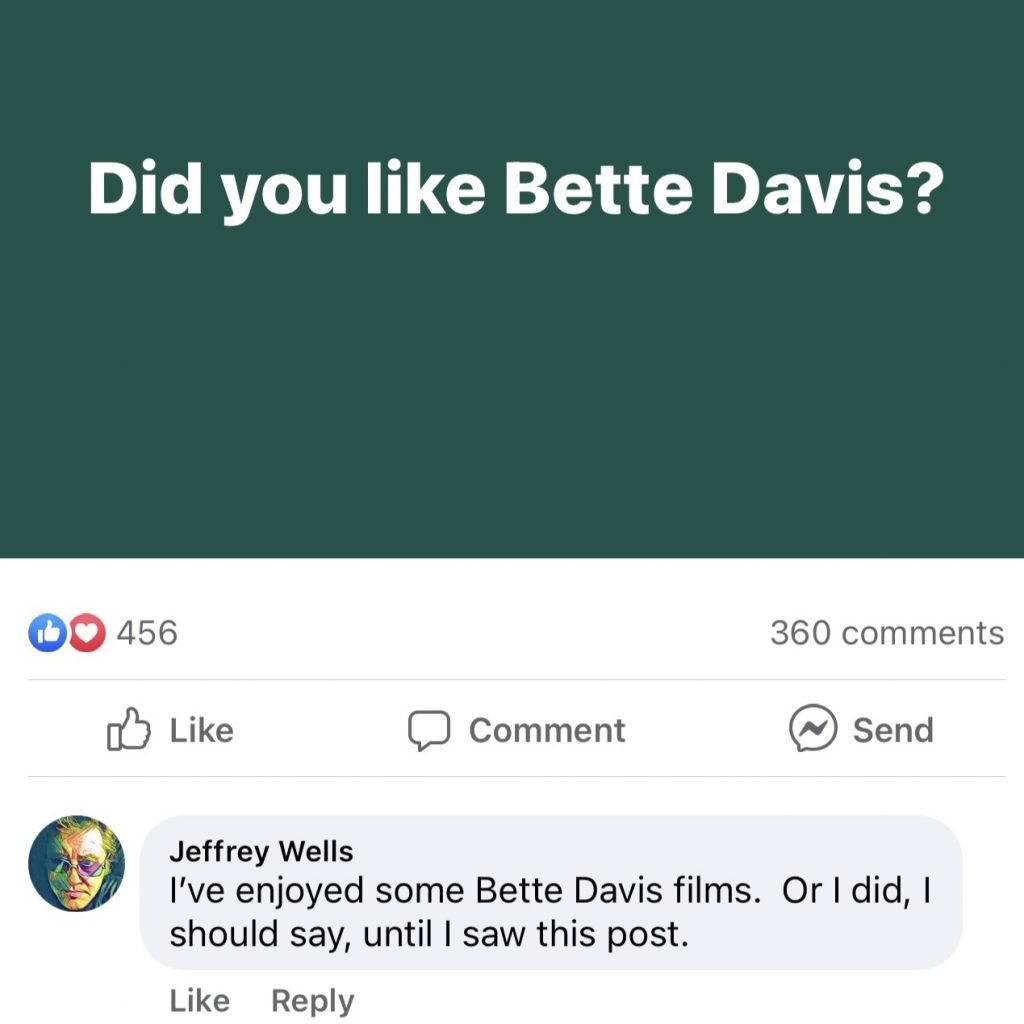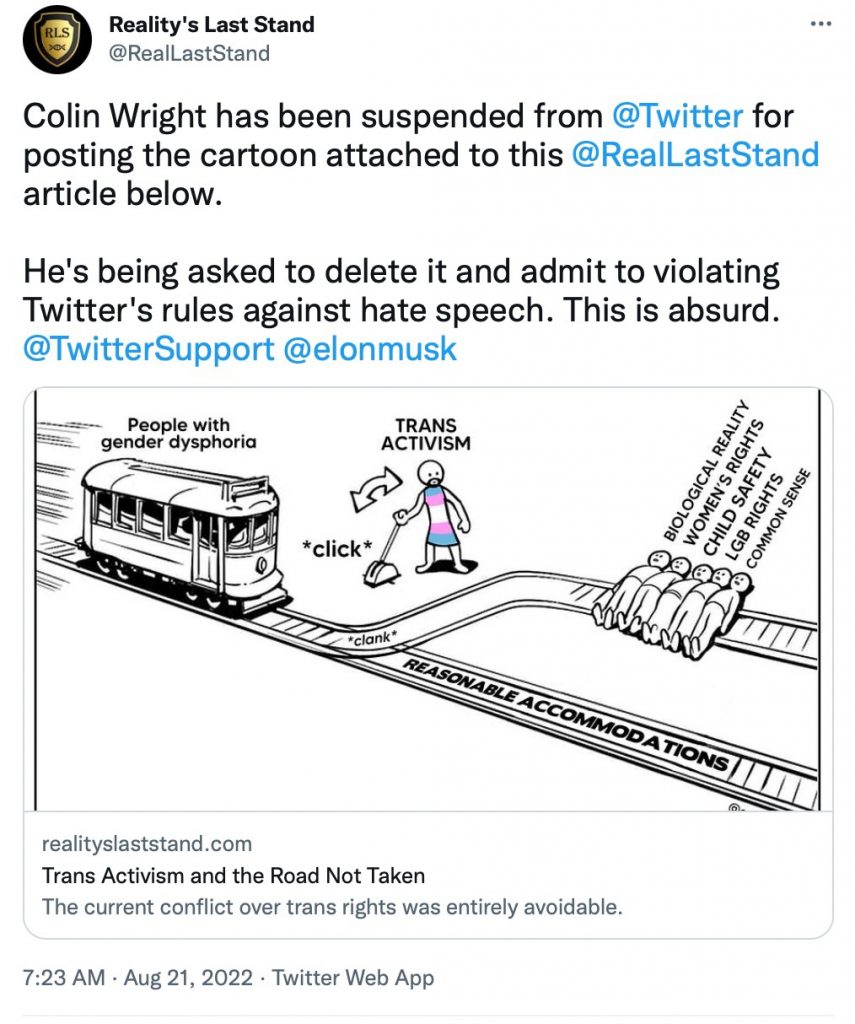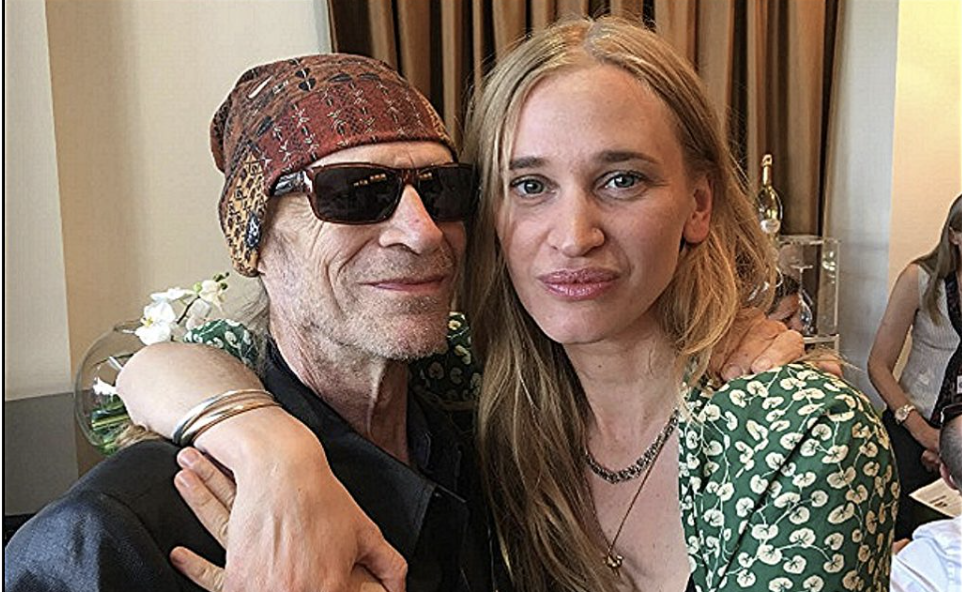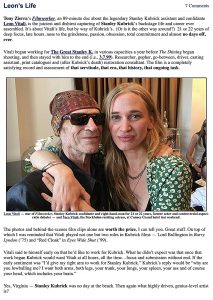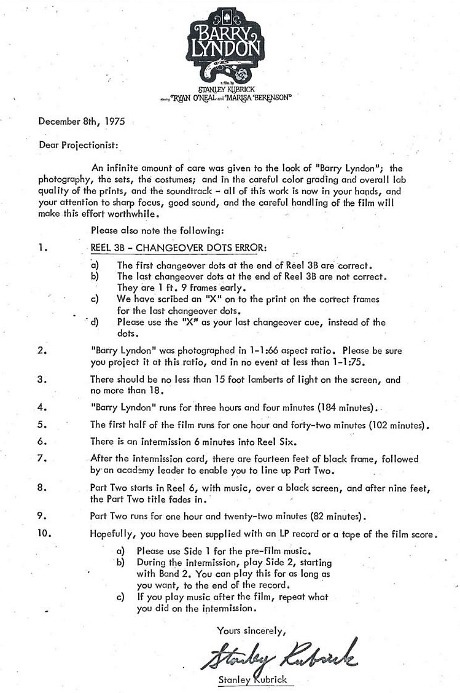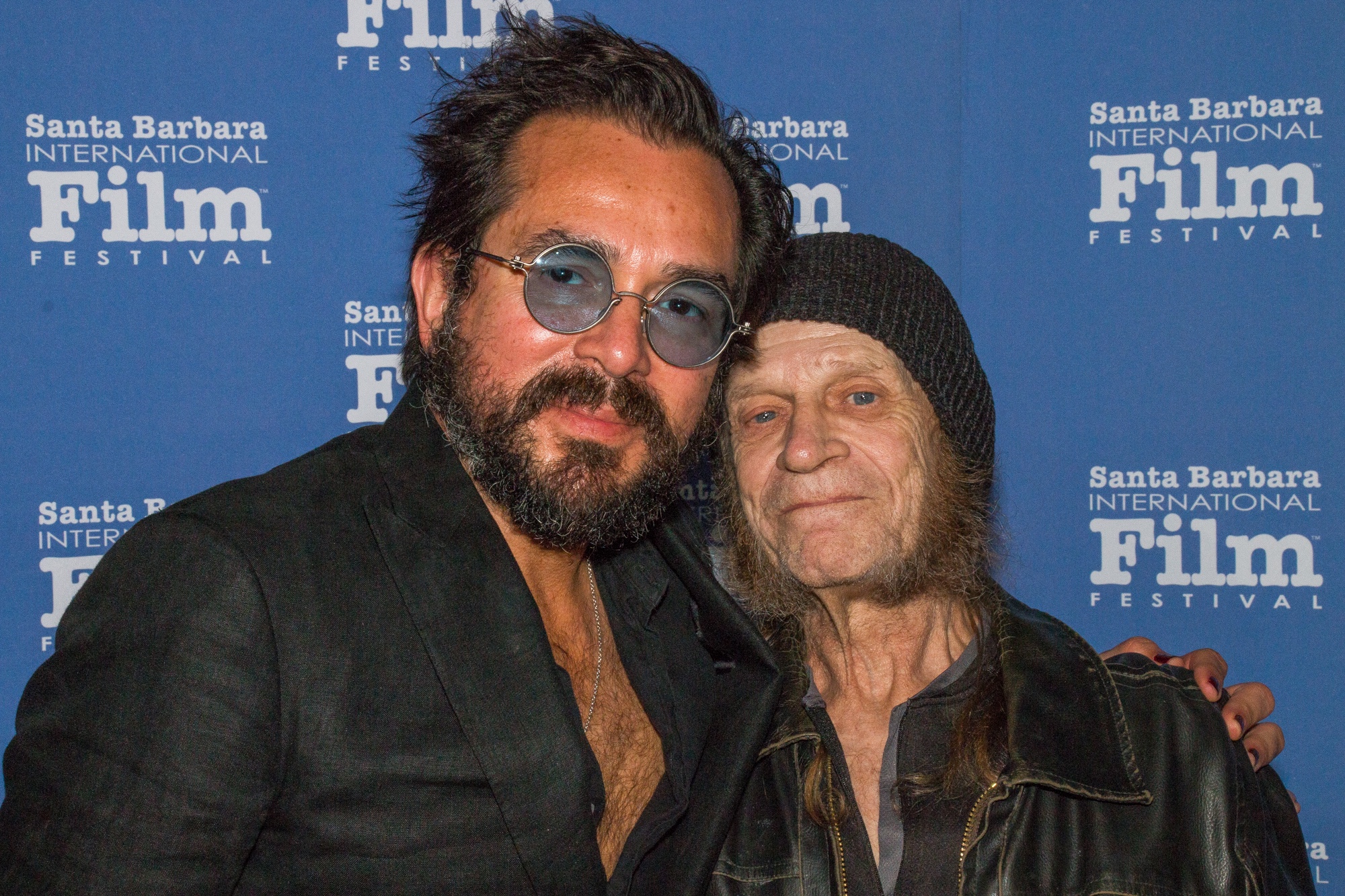Last Saturday (8.20) Ben Affleck and Jennifer Lopez were re-married (following their quickie Las Vegas ceremony on 7.16) at Ben’s sprawling, semi-historic 87-acre plantation south of Savannah. Dozens of guests, catered up the wazoo, champagne on ice, no expense spared, a splendid time had by all.
All the press reports have described Ben’s spread as being either “in” Savannah or “just south” of it. In fact the Liberty County residence (which includes a 6,000 sq. ft. main house, a cottage house and a 10,000 sq. ft. guest house) is well south of Savannah, and in fact south of the Savannah suburb of Richmond Hill.
The hard truth is that Bennifer plantation is located between 35 and 40 minutes south of downtown Savannah…okay? Don’t lie about this. It’s way the hell out of town.
The luxurious spread sits on the banks of historic Blackbeard Creek — named after Blackbeard the pirate. It’s basically in the blue-collar boonies. The property isn’t that far from the moderately noisy interstate 95 and a little more than a mile south of a huge Target distribution center, and just east of Newport Timber in Riceboro.
Midway, Georgia is three or four miles to the northwest.
The home actually lies near an old settlement called Seabrook. Wikipedia says Seabrook “was originally built up chiefly by former slaves”…whoops! Couple this with Affleck’s Savannah-residing ancestor, Benjamin Cole, being a slave owner…okay, leave it there.


